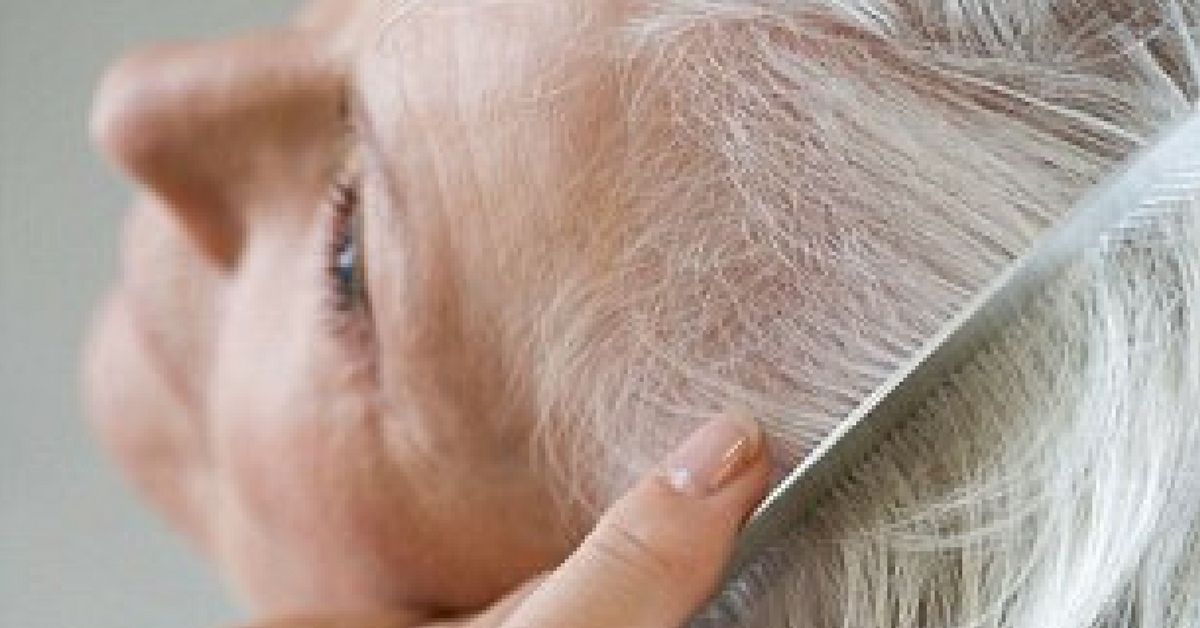While we may all want to have shiny locks, it can be hard to maintain as we age. Even if your hair doesn't look like it's right out of a shampoo commercial, dull, limp strands could indicate a bigger health problem that you don't want to ignore.
Hair loss and graying
While both hair loss and graying hair are signs of aging, they could indicate something more serious.
A recent study has shown that men who had coronary artery disease were more likely to prematurely bald or go gray.
The participants in the group with a heart condition were found to experience male pattern baldness, as opposed to the healthy population.
Stress and certain medications can cause you to lose your hair, but usually it will regrow within six months.
Dry or brittle hair
If you notice your hair is dry, brittle or splits easily it could be an idication that you may be getting too much sun exposure. The effects are stronger with those who have light hair, including gray and blonde. If you already have thinning hair, being exposed to the sun without a hat increases your risk of sunburn on your scalp.
Dull or limp hair
Have you changed something in your diet lately? If you are experiencing dull or limp hair, it's likely a result of your body not getting enough nutrients. You hair needs sufficient protein, iron, omega-3 fatty acids and zinc in order to be healthy, so a crash diet can deprive it of this.
"Very low-calorie diets are often lacking in sufficient nutrients and can stunt hair growth or leave hair dull and limp. If the nutritional deficiency is big enough "” like for someone with an eating disorder "” hair can fall out," according to WebMD.
Dandruff
No this is not an ad for Head and Shoulders, but more of a sign that if you have persistent dandruff, you could have a skin condition you should have checked out.
If you experience yellow greasy flakes of dandruff it could be a sign of seborrheic dermatitis, an inflammatory skin condition that is also quite itchy.
You may also notice patches in your brows, beard and other areas of your body, which could be linked to more serious conditions like Parkinson's and HIV.
If you have concerns about your health you should talk to your doctor.
Source: AARP





